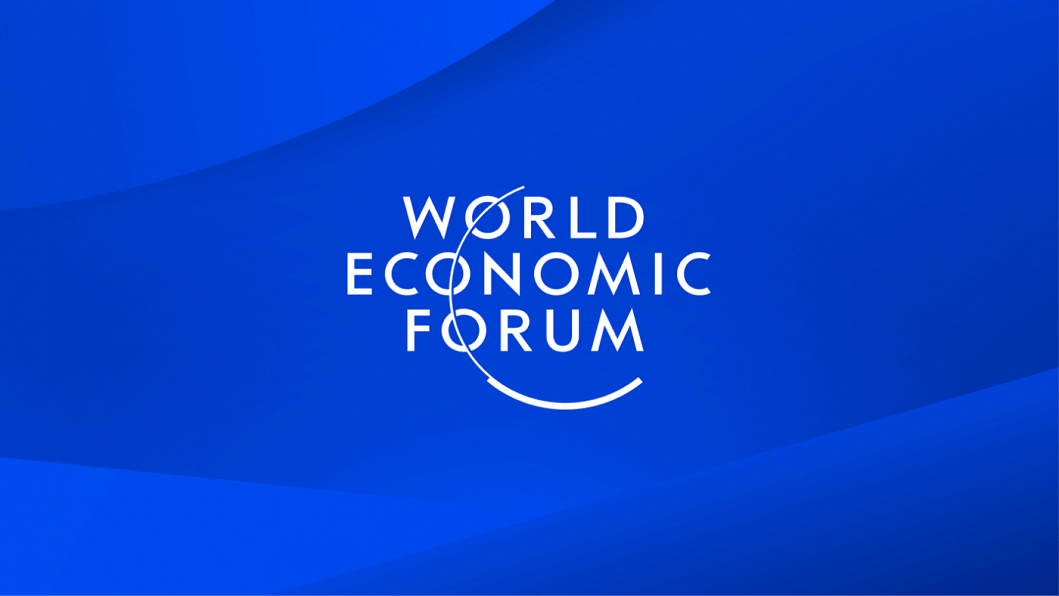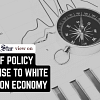Inflation biggest concern for Bangladesh in 2025: WEF

Inflation has been identified as the biggest risk to Bangladesh in 2025, according to a World Economic Forum (WEF) report released on Wednesday.
In its Global Risks Report 2025, the WEF, an independent international organization, stated that extreme weather events—such as floods and heatwaves—and pollution are two other significant risks to the economy of South Asia.
Bangladesh is one of the 10 countries where pollution has been identified as one of the top three risks, according to the report.
Particularly in densely populated countries such as Bangladesh and India, pollution has become one of the most critical challenges to tackle, the report said.
"A pollution-conscious green transition is needed," it added.
The WEF's latest report also noted that unemployment and economic downturn are two remaining challenges for Bangladesh, which has been grappling with stubbornly high inflation, devaluation of its currency, falling foreign exchange reserves, and slowing investment and business growth.
The 12-month average inflation in Bangladesh rose to 10.34 percent in 2024 from 9.48 percent a year earlier.
In 2022, annual average inflation was 7.7 percent, according to the Bangladesh Bureau of Statistics (BBS).
The Centre for Policy Dialogue (CPD), a prominent think tank in Bangladesh, contributed to the findings of WEF's report on Bangladesh.
The Global Risks Report 2025 highlights an increasingly fractured global landscape, where escalating geopolitical, environmental, societal, and technological challenges threaten stability and progress.
The WEF report incorporates insights from over 900 experts worldwide.
"As we enter 2025, the global outlook is increasingly fractured across geopolitical, environmental, societal, economic, and technological domains," it said.
"Over the last year, we have witnessed the expansion and escalation of conflicts, a multitude of extreme weather events amplified by climate change, widespread societal and political polarization, and continued technological advancements accelerating the spread of false or misleading information."
"Optimism is limited, as the danger of miscalculation or misjudgment by political and military actors is high. We seem to be living in one of the most divided times since the Cold War," the report added.
The latest Global Risks Report stated that more than half of respondents—52 percent—anticipate an unsettled global outlook over the next two years, a proportion similar to last year.
Another 31 percent expect turbulence, and 5 percent foresee a stormy outlook.
"Combining these three categories of responses shows a four-percentage-point increase from last year, indicating a heightened pessimistic outlook for the world through 2027," it said.
Compared to this two-year outlook, the landscape deteriorates over the 10-year timeframe, with 62 percent of respondents expecting stormy or turbulent times, it added.
"This long-term outlook has remained similar to last year's survey results in its level of negativity, reflecting respondents' skepticism that current societal mechanisms and governing institutions are capable of navigating and mending the fragility generated by the risks we face today."

 For all latest news, follow The Daily Star's Google News channel.
For all latest news, follow The Daily Star's Google News channel. 










Comments